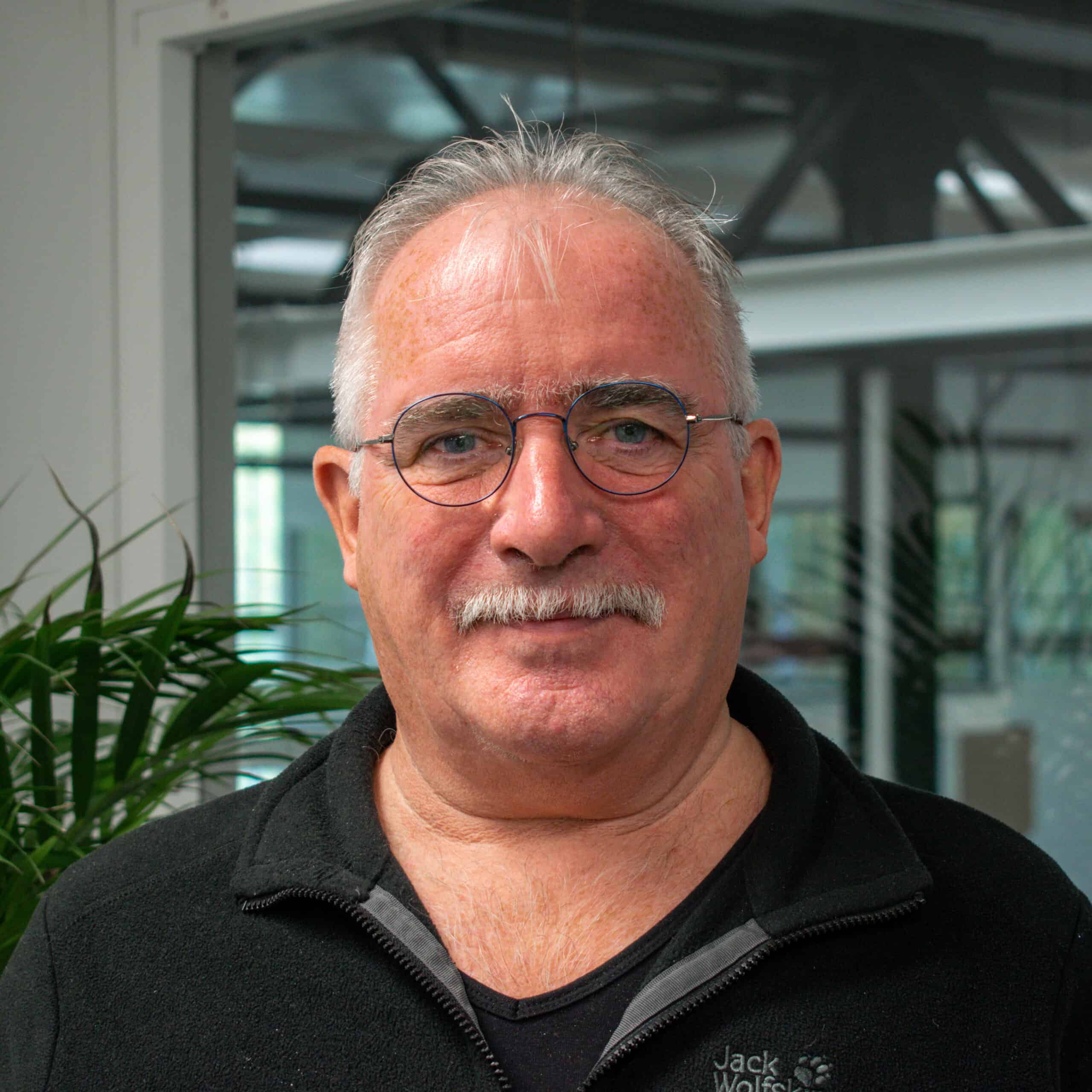
It is a familiar experience for many people. You have just completed an intensive course at work for operating some kind of system. As soon as you really have to work with it, you suddenly think: Which button did I have to press again? Soon you will no longer have to stand around waiting for a senior to help you out of a jam. You can simply ask COALA: The Siri, Bixby or Alexia for industrial applications.
This intelligent voice assistant is designed to provide people working in manufacturing with answers to all their technical queries. A European project led by scientists from the University of Bremen (Germany) is working hard on making this system a reality. COALA (COgnitive Assisted agile manufacturing for a LAbor force supported by trustworthy Artificial Intelligence) should work on a smartphone or tablet.
Cost savings
Knowledge-intensive manufacturing processes necessitate qualified employees. Their training is very time-consuming and cost-intensive. The shortage of skilled workers makes the situation even more difficult for companies. Another competitive challenge for the manufacturing industry is the ever-shorter production cycles and the ever-increasing variety of products.
COALA works on the basis of artificial intelligence (AI). The intention is that this system will start to be used in training people to operate industrial processes. After the training, it acts as an interactive reference tool when new employees are not sure about how they should proceed.
This enables new employees to be put to work more quickly. The system also contributes to the improvement of quality by e.g. preventing operating errors. According to the University of Bremen, this system can cut costs by up to 60 percent in individual cases.
Just ask
COALA is based on the open assistant Mycroft. It facilitates, among other things, the rapid generation of data analyses and the provision of information for specific workplaces. These are all based on information the company provides. For one thing, COALA must be able to answer the question: Why is the yarn in my weaving machine broken? A quick and reliable answer on-site during the ongoing process means that it is possible to react quickly to any production problems and thereby save on costs.
Another key element of COALA is a new type of explanatory software, the WHY motor. It has been designed to enable the assistant to answer ‘why questions’. Users can ask these questions to better understand why and on what basis the assistant has given a particular answer.
Fourteen partners from Italy, the Netherlands, Greece, France and Germany are involved in the development of “COALA.” The system is being developed taking into account three real-life situations found in the textile, chemical and white goods industry sectors.
Aldo interesting: Five test centers in the Netherlands for AI applications for SMEs








